Apple’s Vision Pro: is the VR future finally here?
The ‘mixed reality’ headset could redefine how we use personal devices
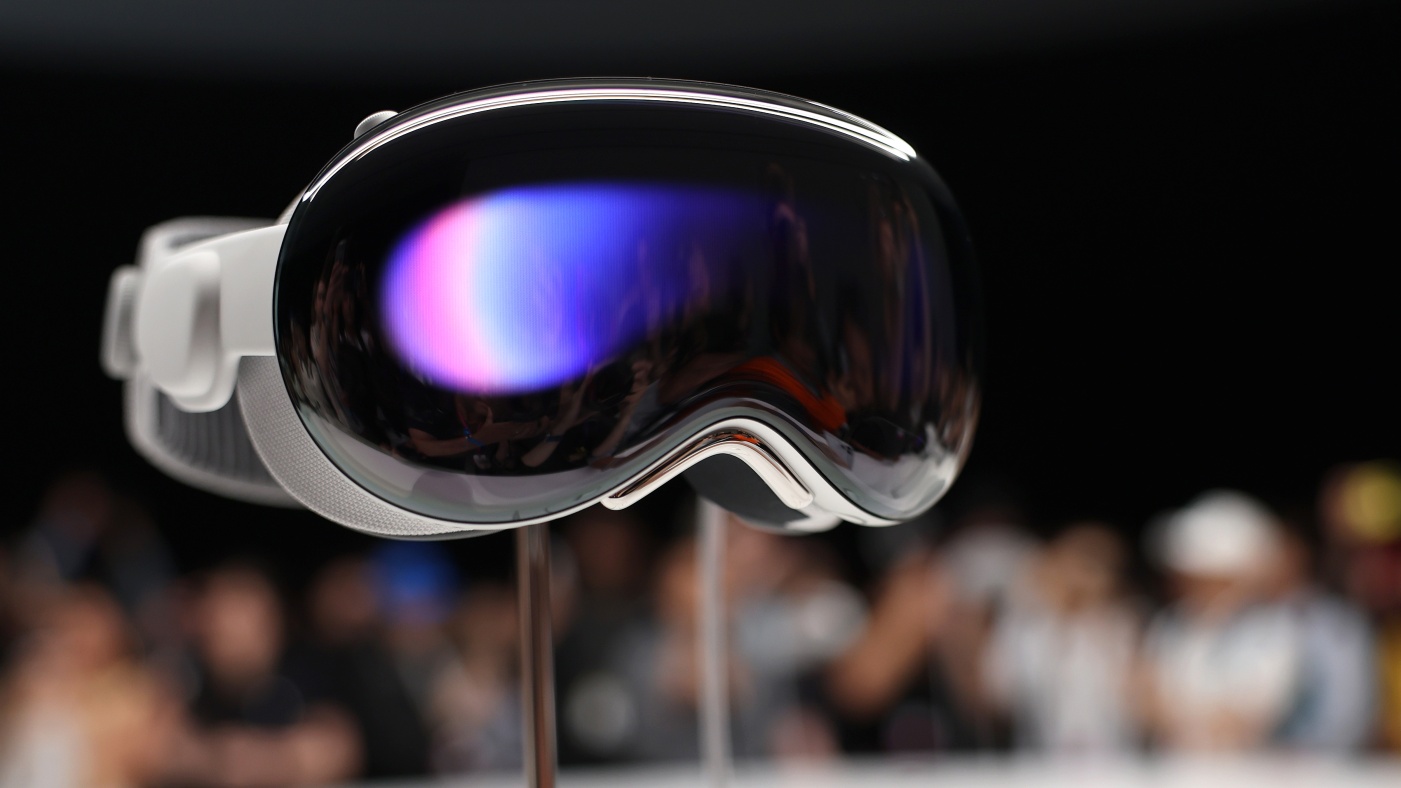
A free daily email with the biggest news stories of the day – and the best features from TheWeek.com
You are now subscribed
Your newsletter sign-up was successful
Apple unveiled its long-awaited “mixed reality” headset, the Vision Pro, in what some experts are saying could be the most significant product released by the company since the iPhone.
Unveiling the Vision Pro yesterday at the company’s annual Worldwide Developers Conference, Apple CEO Tim Cook touted the product as the “most advanced personal electronic device ever”.
Priced at $3,499 (£2,800), the Vision Pro aims to revolutionise how we use personal electronics by seamlessly blending augmented reality (AR) and virtual reality (VR) capabilities into a single, immersive experience.
The Week
Escape your echo chamber. Get the facts behind the news, plus analysis from multiple perspectives.

Sign up for The Week's Free Newsletters
From our morning news briefing to a weekly Good News Newsletter, get the best of The Week delivered directly to your inbox.
From our morning news briefing to a weekly Good News Newsletter, get the best of The Week delivered directly to your inbox.
Augmented reality revolution…
The arrival of the headset means that Apple has “finally sprung its long-awaited cannonball into the augmented reality space”, said Morning Brew, “and it could revolutionize the industry – or flop hard”.
While some believe the Vision Pro has the potential to become “the iPhone of mixed-reality headsets” – reaching ubiquity in the personal device landscape – “others aren’t so sure, considering how existing competitors have done so far”, added the newsletter.
The device “resembles a futuristic set of ski goggles”, said Axios, and “allows users to view digital content on top of the real world and is controlled using voice, eye gaze and hand gestures”. The intended effect, in the words of Cook, is that “your surroundings become an infinite canvas”.
Apple has “done it again”, said the Financial Times (FT). The Vision Pro “takes all the major computing trends of the past two decades, places them around your eyes in a way that looks sleek and feels comfortable”, as well as offering an “intuitive interface that is novel and intimate”.
A free daily email with the biggest news stories of the day – and the best features from TheWeek.com
But perhaps the headset’s biggest achievement is in demonstrating that AR/VR is not the technology of a distant future but, thanks to Apple, is “here and now”.
From iPhones to AirPods, “every successful Apple product of the past two decades has disappeared into our lives in some way”, said Wired. The Vision Pro will not only “call into question what it means to compute, but also, what it means to live in the real world”.
… or commercial flop?
But Cook is certainly taking a “gamble” with the £2,800 device, and Apple will have to work hard to “convince users to pay a premium to put something on their face to watch films, work and communicate”, said The Times. The paper noted that competitor Meta has “tried to turn towards virtual reality but has thus far failed to convert its Quest headsets into mass consumer devices”.
While impressive, the Vision Pro could prove to be one of Apple’s “lowest-selling” products yet, said The Economist. Analysts are now predicting shipments of fewer than 200,000 units in the first year, far below the company’s initial target of 3 million units.
That’s because its price point is significantly higher than its competitors’, with a clunky external battery that lasts only two hours. But although the first iteration of the Vision Pro risks being a “commercial flop” it is also “the first step” on the way to something that Apple hopes will be “much bigger”.
And it’s hardly unusual for Apple products to “take time to take off”, added the newspaper. Even the original iPhone didn’t really succeed until its fourth generation iteration in 2010, “by which time the App Store was populated with thousands of apps that made people realise what the phone could do”.
Sorcha Bradley is a writer at The Week and a regular on “The Week Unwrapped” podcast. She worked at The Week magazine for a year and a half before taking up her current role with the digital team, where she mostly covers UK current affairs and politics. Before joining The Week, Sorcha worked at slow-news start-up Tortoise Media. She has also written for Sky News, The Sunday Times, the London Evening Standard and Grazia magazine, among other publications. She has a master’s in newspaper journalism from City, University of London, where she specialised in political journalism.
-
 The ‘ravenous’ demand for Cornish minerals
The ‘ravenous’ demand for Cornish mineralsUnder the Radar Growing need for critical minerals to power tech has intensified ‘appetite’ for lithium, which could be a ‘huge boon’ for local economy
-
 Why are election experts taking Trump’s midterm threats seriously?
Why are election experts taking Trump’s midterm threats seriously?IN THE SPOTLIGHT As the president muses about polling place deployments and a centralized electoral system aimed at one-party control, lawmakers are taking this administration at its word
-
 ‘Restaurateurs have become millionaires’
‘Restaurateurs have become millionaires’Instant Opinion Opinion, comment and editorials of the day
-
 Will AI kill the smartphone?
Will AI kill the smartphone?In The Spotlight OpenAI and Meta want to unseat the ‘Lennon and McCartney’ of the gadget era
-
 Is Apple’s Tim Cook about to retire?
Is Apple’s Tim Cook about to retire?Today's Big Question A departure could come early next year
-
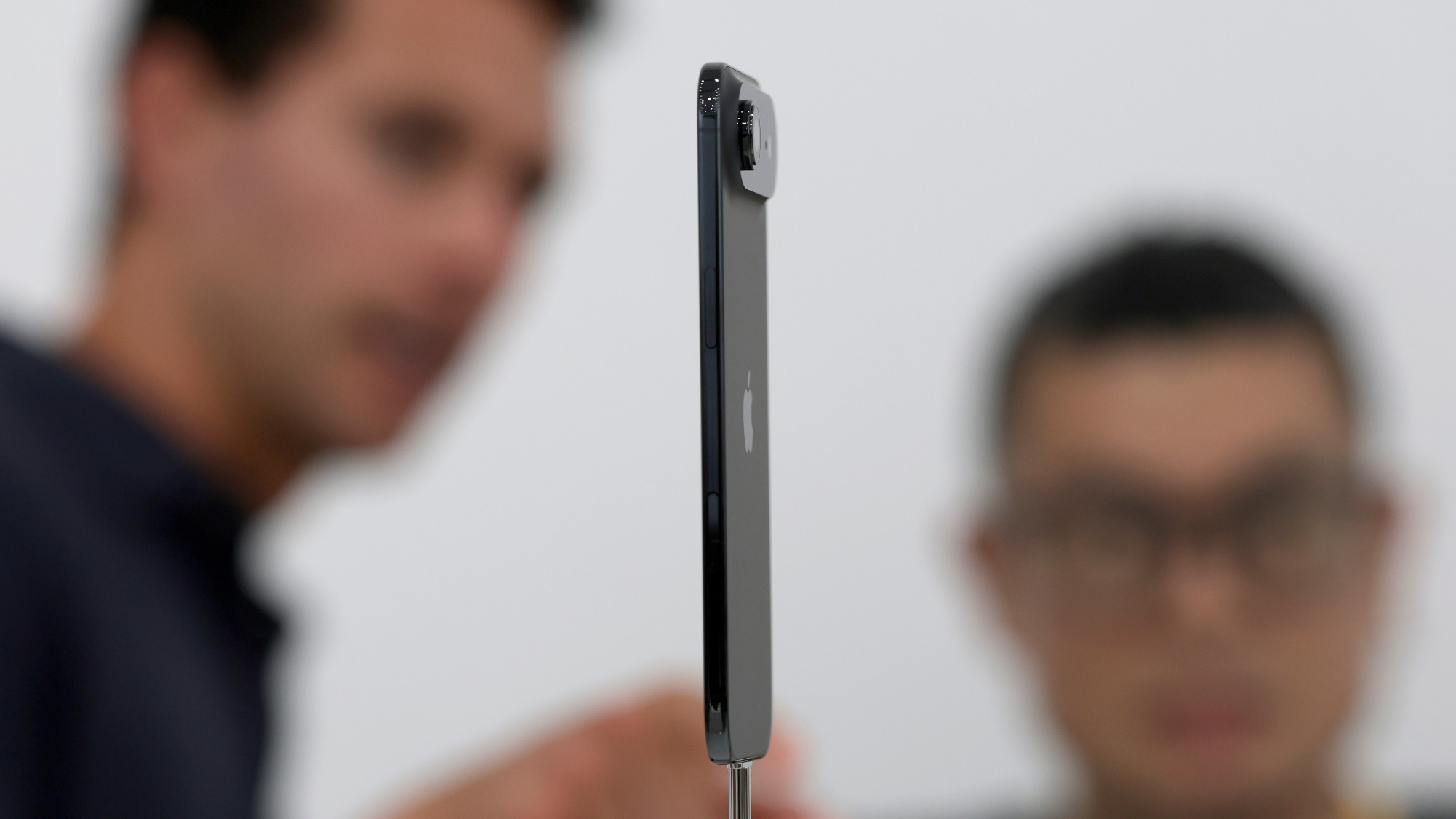 iPhone Air: Thinness comes at a high price
iPhone Air: Thinness comes at a high priceFeature Apple’s new iPhone is its thinnest yet but is it worth the higher price and weaker battery life?
-
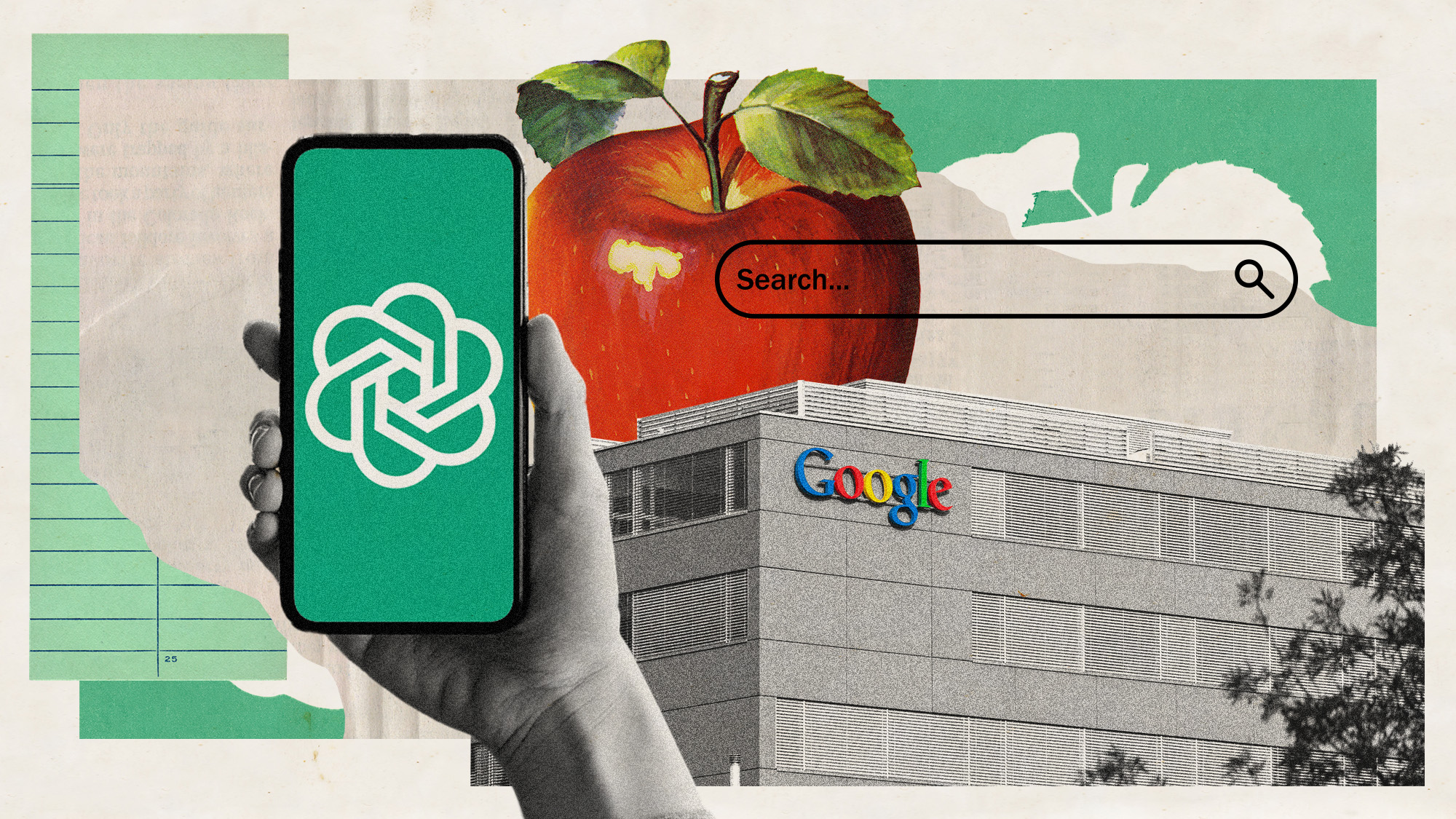 Is Apple breaking up with Google?
Is Apple breaking up with Google?Today's Big Question Google is the default search engine in the Safari browser. The emergence of artificial intelligence could change that.
-
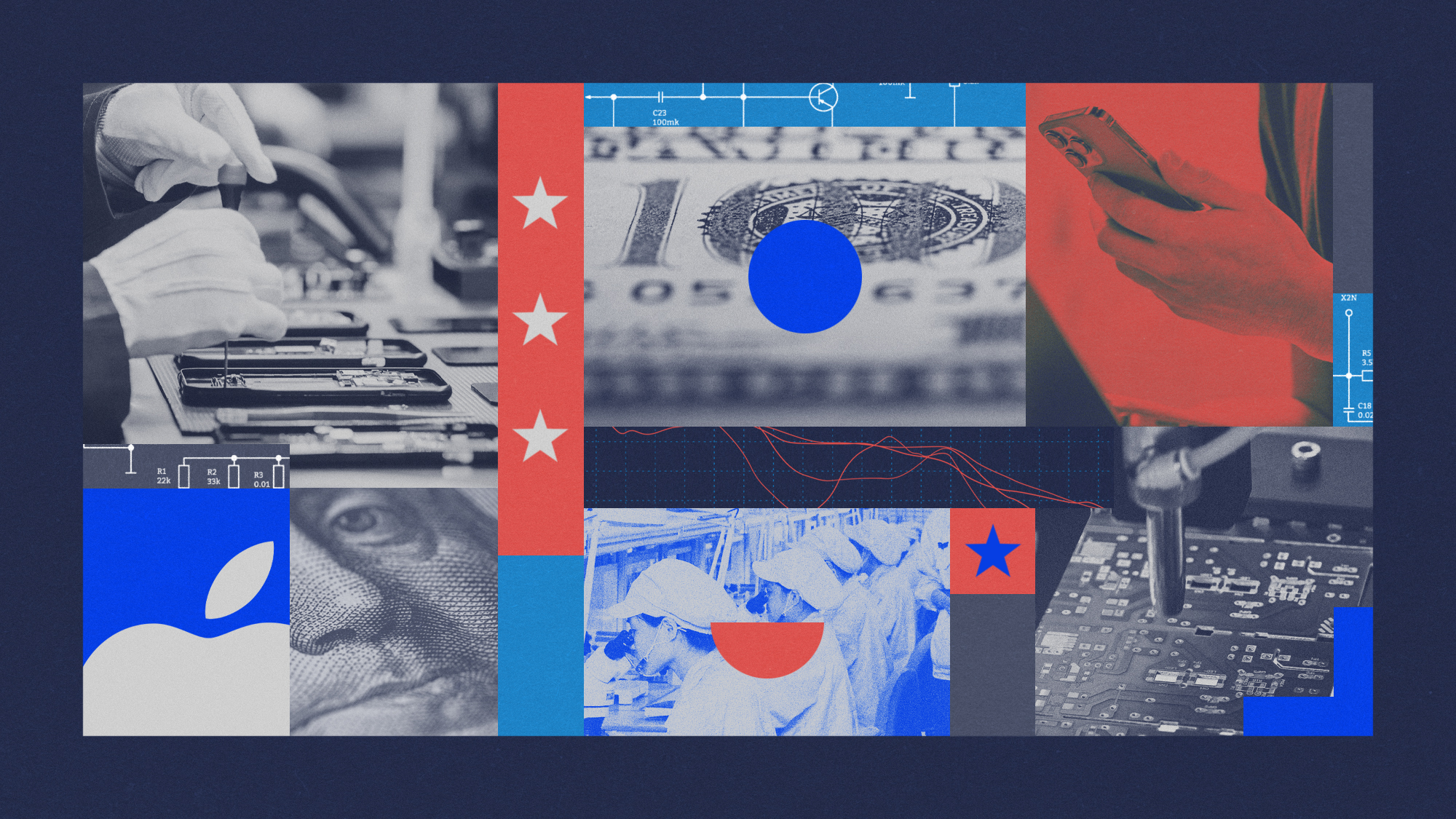 Why won't Apple make iPhones in America?
Why won't Apple make iPhones in America?Today's Big Question Trump offers a reprieve on tariffs, for now
-
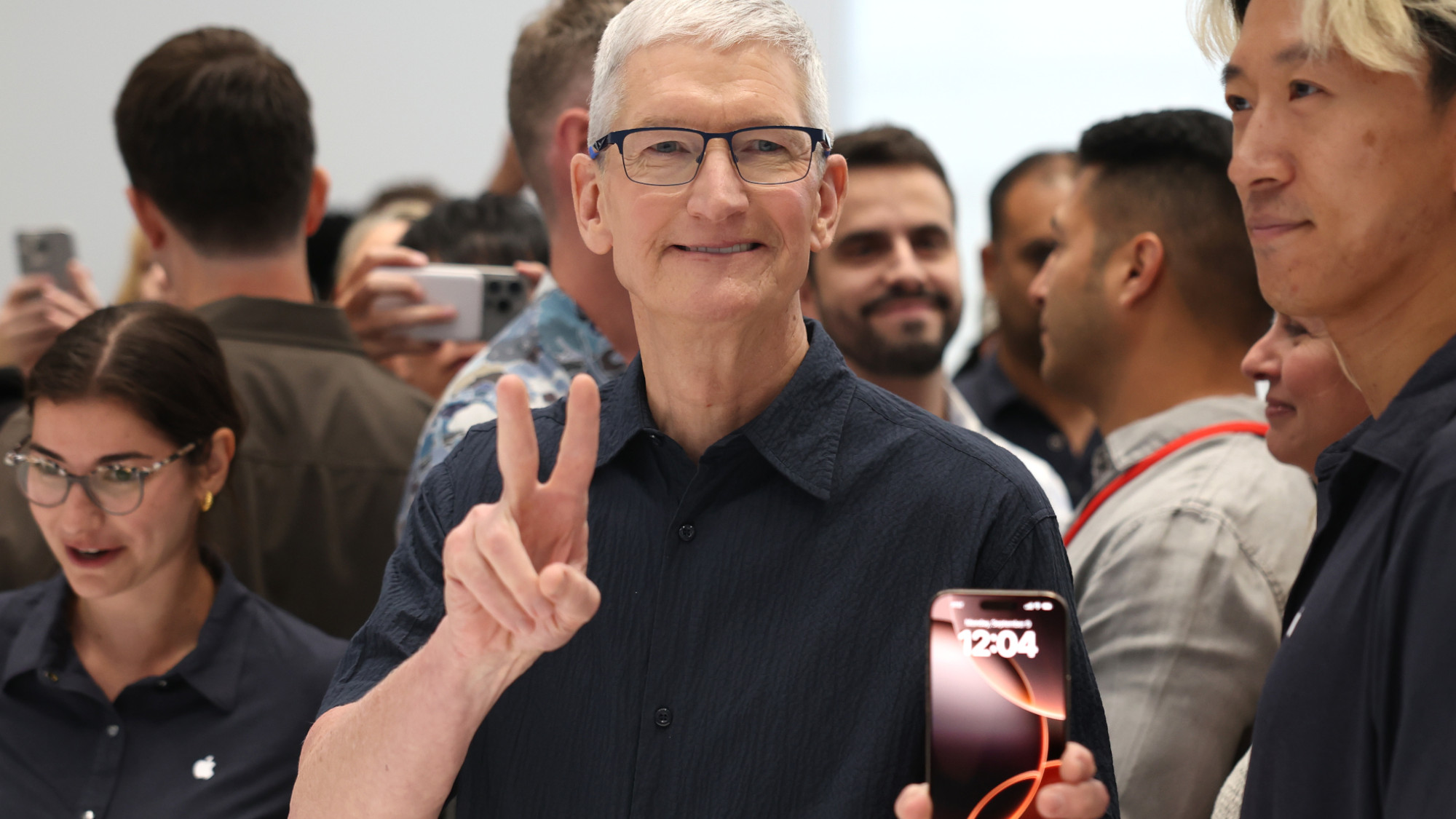 Not there yet: The frustrations of the pocket AI
Not there yet: The frustrations of the pocket AIFeature Apple rushes to roll out its ‘Apple Intelligence’ features but fails to deliver on promises
-
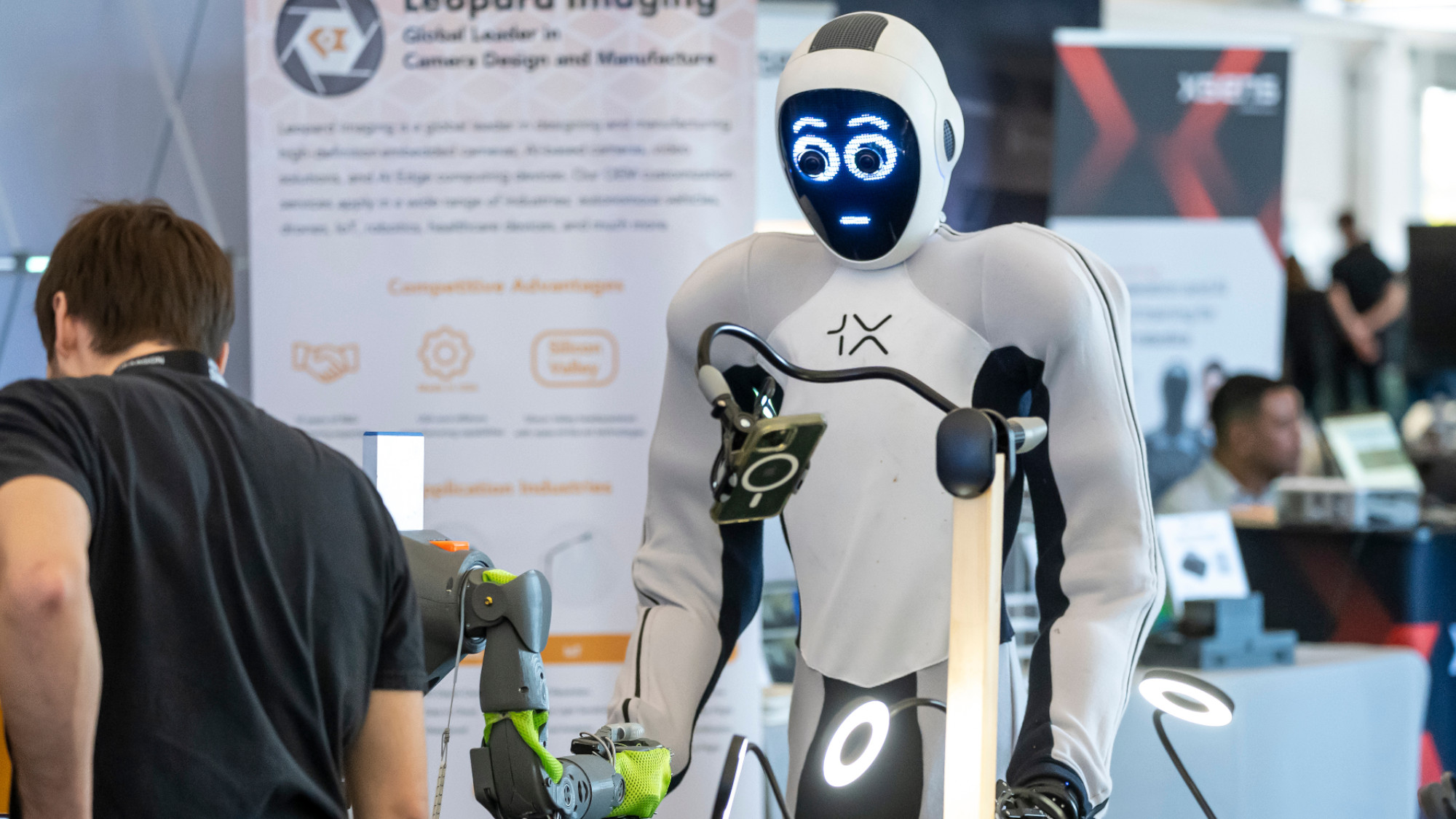 Space-age living: The race for robot servants
Space-age living: The race for robot servantsFeature Meta and Apple compete to bring humanoid robots to market
-
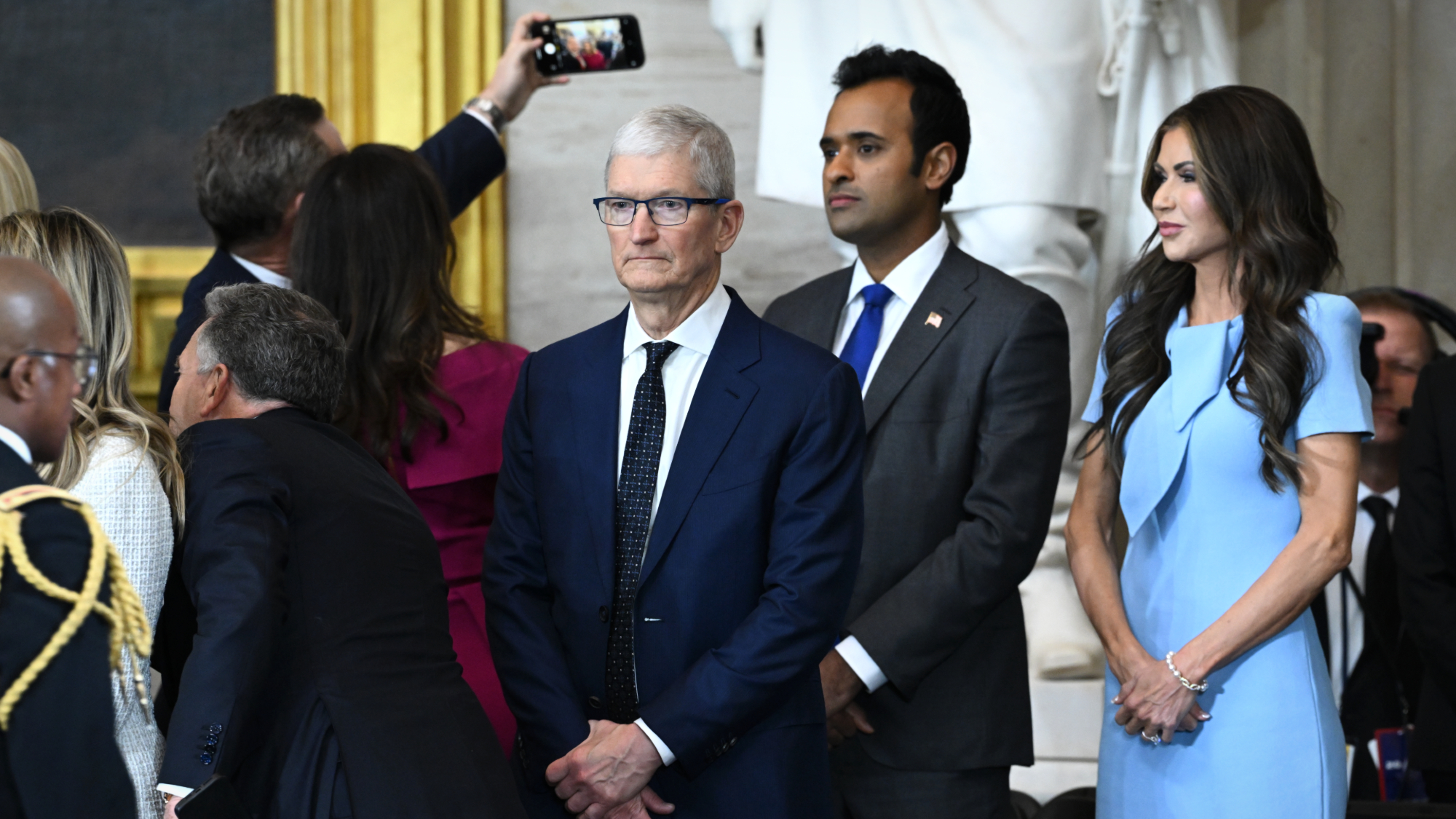 Apple pledges $500B in US spending over 4 years
Apple pledges $500B in US spending over 4 yearsSpeed Read This is a win for Trump, who has pushed to move manufacturing back to the US